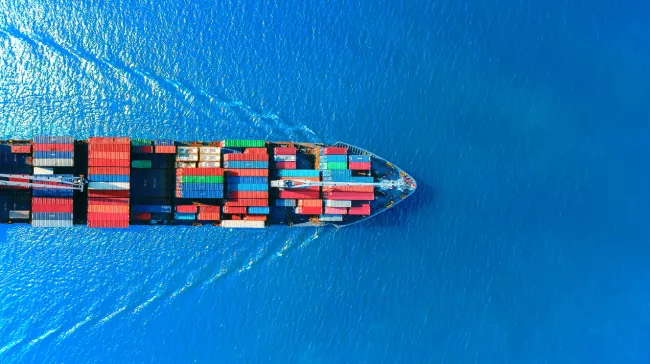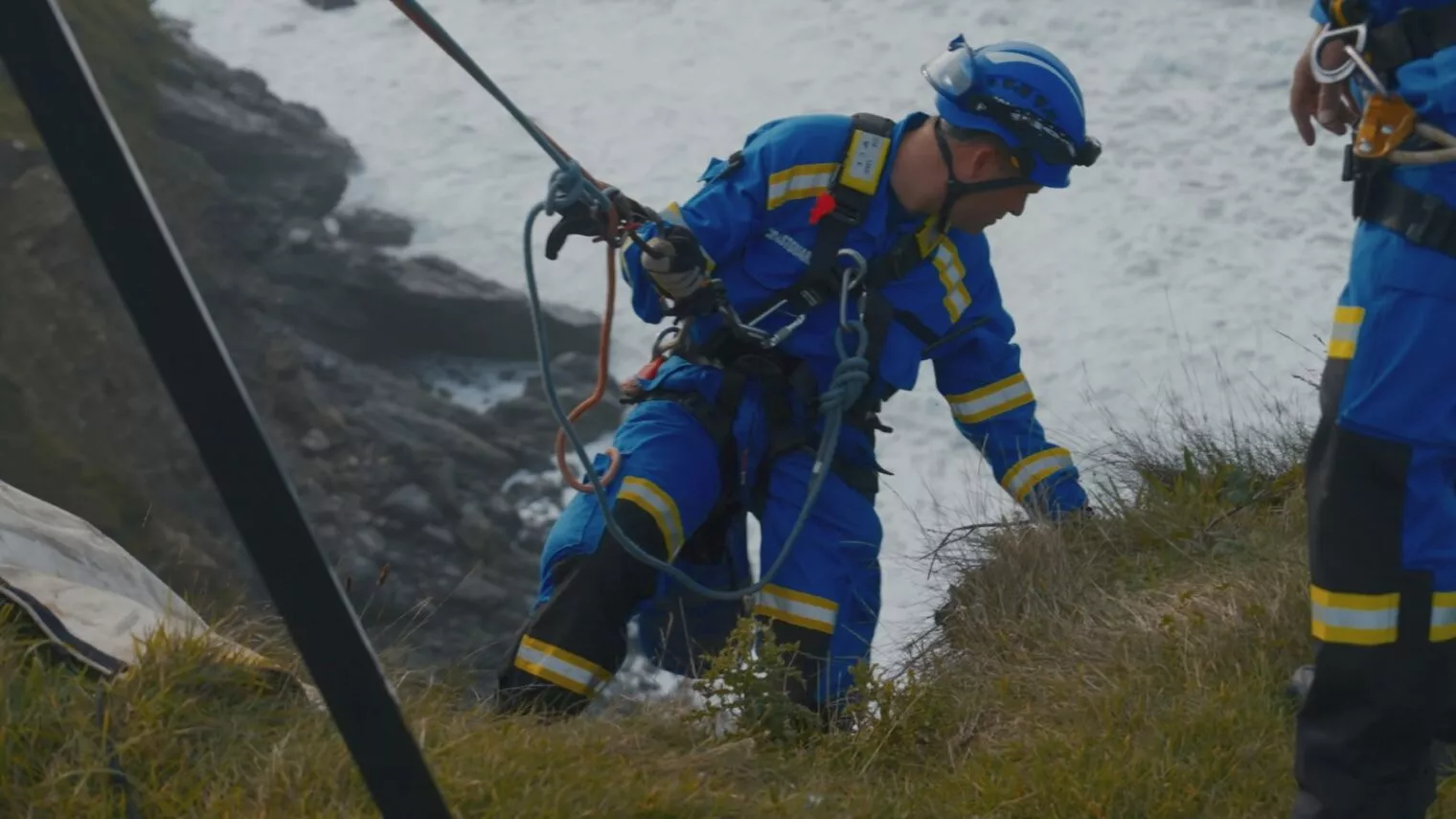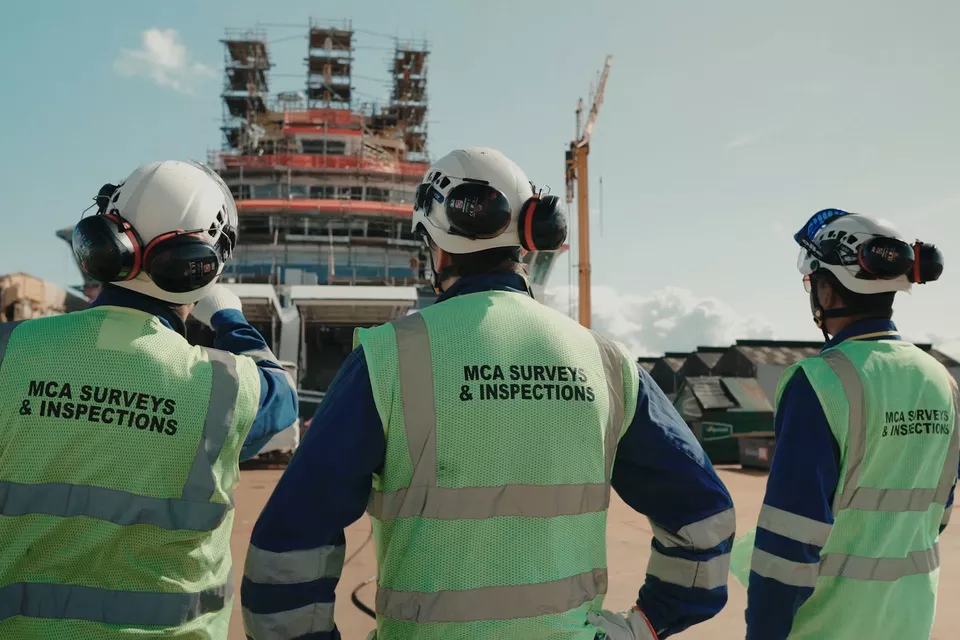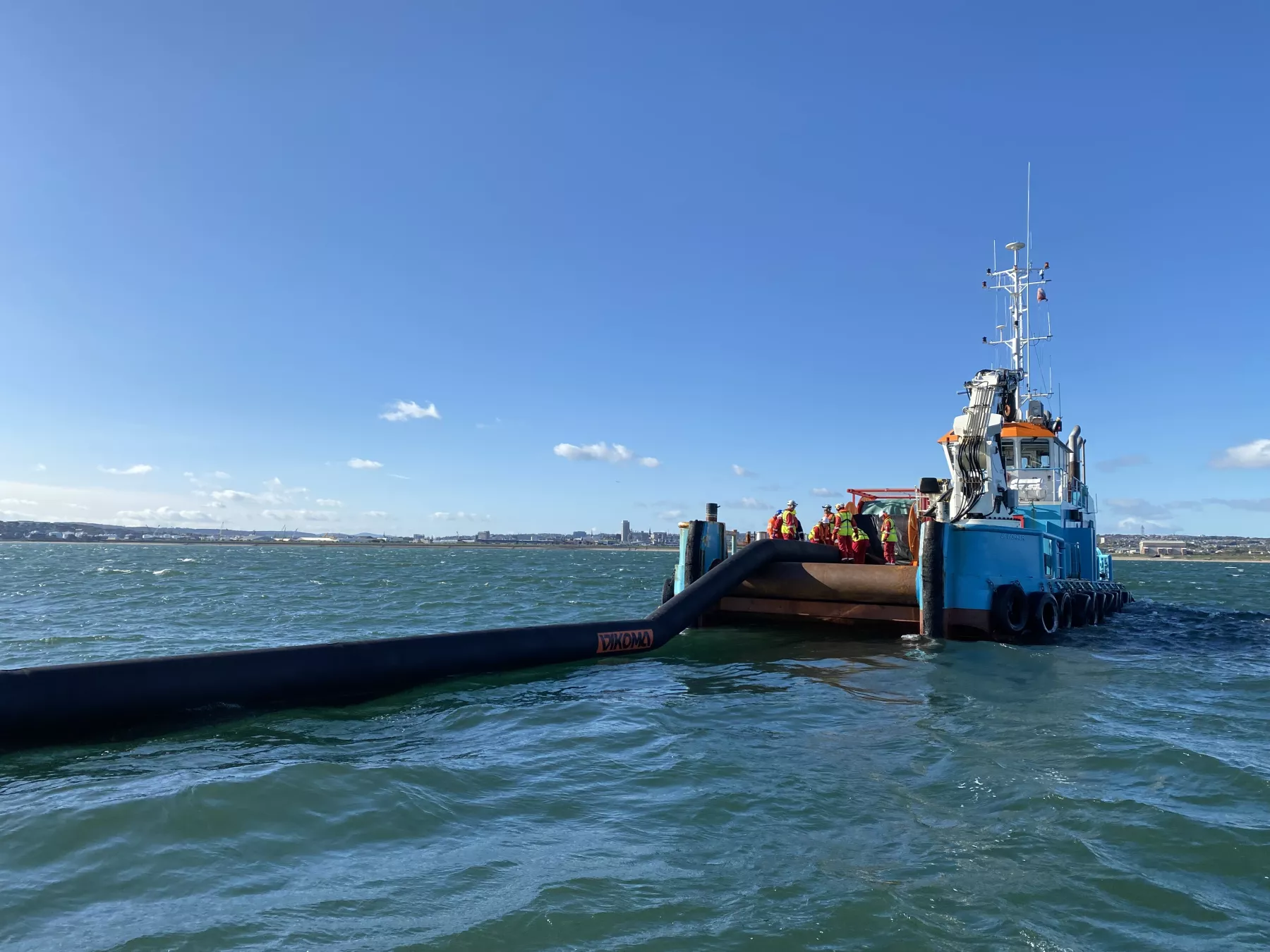Responding to national maritime emergencies is an essential part of what the Maritime and Coastguard Agency does, not only to save lives at sea, but to prevent environmental harm too.
This response has never been stronger thanks to a special and powerful role which was created by the UK Government nearly 25 years ago, and which has been part of the MCA ever since.
This World Maritime Day, the MCA is reflecting on the important role of the Secretary of State’s Representative for Maritime Salvage and Intervention (SOSREP), and its ability to use legal powers to minimise pollution impact at sea during major incidents.
The role itself was formed after the Sea Empress oil tanker disaster in 1996, when around 72,000 tonnes of oil was released into the sea. How the incident was handled led to its poor outcome - no priorities, no leadership, and no decisions made across the agencies involved.
To ensure this never happened again the SOSREP role was created – giving one individual ultimate control and power to make the final decision during national maritime emergencies, with an overarching aim of reducing the risk to safety and marine pollution.

Stephan Hennig has been in the SOSREP role since 2018, and says the power to intervene in major incidents is “the opportunity to avoid the worst outcomes and to provide the best solution under any given circumstances”.
Nodding to the World Maritime Day theme – celebrating 50 years of the International Convention for the Prevention of Pollution from Ships – Stephan said: “If there is an incident that is dangerous or involves pollution risk, we’re here to reduce the safety risk and environmental damage as quickly as we can.
“It’s about early decision making to halt and mitigate future damages.”
Earlier this year Deputy SOSREP Lisa McAuliffe dealt with an incident near Wolf Rock Lighthouse in Falmouth, where a vessel lost power and run aground.
The operation to repair the stricken vessel was led by the Deputy SOSREP, and decisions made meant all personnel remained safe and no pollution was reported.
The 2007 MSC Napoli incident, which saw a container ship deliberately run aground on the instructions of the SOSREP to avoid an environmental disaster, also demonstrated the effective powers of the role in tackling pollution.
“This was a true test of the system,” Stephan said, “the SOSREP had to make a decision and that decision was to deliberately beach the vessel. No one was happy about it at the time, but in the years that have followed, almost everyone agreed that it was the right decision.
“The thoughts at the time were - do we ground the ship or do we allow it to just break apart in the channel?
“It will sometimes feel a bad decision and the hardest to make, but those decisions have to be made in often uncertain circumstances.”
Aware of the responsibility he holds with this role, Stephan added: “There is a pressure but that is just the way it is in the industry we’re in. Making a decision - someone has to do it.
“Most organisations are happy when you’ve made the decision as it helps with action and accountability. I think it works. It really helps reduce the risk to safety and minimises the likelihood of large-scale pollution.”



